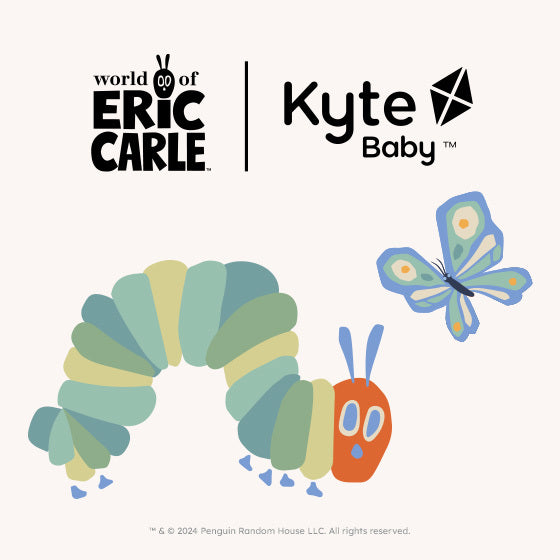There are many changes that can happen during and after pregnancy, and not all of them are visible. Babies are miracles, yes, but the journey to bring them earthside is hardly easy. After all, pregnancy goes hand-in-hand with many unfavorable conditions like morning sickness, food aversion, hemorrhoids, gestational diabetes, etc. The postpartum period can be even harder when round-the-clock care for a newborn also involves severe sleep deprivation, postpartum hair loss, and something that isn’t talked about enough—mental health issues. Each year, about 1 in 5 women in the United States is affected by a mental health condition during pregnancy or in the first year of having a baby. These conditions include:
- Depression
- Anxiety
- Obsessive-compulsive disorder (OCD)
- Baby blues
- Post-traumatic stress disorder (PTSD)
- Postpartum psychosis
Having a baby is a huge life change. While it’s normal to feel overwhelmed, anxious, and sad while adjusting to less sleep, postpartum hormones, and the demands of caring for a newborn, these feelings can worsen and may require mothers to seek help. Mental health conditions are the leading cause of maternal mortality, yet maternal depression screening is notoriously inadequate in the United States, and many struggling mothers slip through the cracks.
Postpartum Support International (PSI) is a non-profit organization whose goal is to change just that. Its vision is to get every woman and family worldwide to have access to information, social support, and informed professional care to deal with mental health issues related to childbearing. In honor of May being Maternal Mental Health Awareness Month, we are donating $5,000 to PSI to support their advocacy of mothers and their families.
Jane Honikman, the founder of Postpartum Support International, experienced firsthand the mental toll of childbearing when she became a new mother in the 1970s. Crippled by guilt for not being able to cope and function in her new role, and frustrated by the lack of community support, Honikman co-founded the non-profit Postpartum Education for Parents (PEP) to ensure support for parents like herself who were struggling. In 1987, she went on to found PSI to empower and encourage individuals to support existing support groups, as well as create new ones.
For the last 36 years, Postpartum Support International has been the global champion for perinatal mental health. PSI’s headquarters are located in Portland, OR, but the organization has members all over the world, including volunteer coordinators in all 50 states and in over 36 other countries. PSI’s support volunteers provide telephone and email support, information, and access to informed local resources. The organization’s website alone receives over 100,000 visitors a year who are seeking support, education, and local resource information. PSI also has a professional education, training, and certification program based on a trauma-informed and culturally responsive foundation of perinatal mental health expertise and practice. Parents, families, and post-loss individuals can quickly and easily find a provider who is trained in perinatal mental health by using PSI’s unique online directory.
There’s no question that maternal mental health is important. It can affect the health of the mother, her baby, her family, and the community. At least 1 in 7 mothers experience perinatal depression, and though there are effective treatments, less than 30 percent of those affected will seek or receive care. Children of mothers who have untreated depression can develop behavioral and emotional problems, have delays in language development, suffer from sleeping and eating problems, and more. And, it’s not just children who feel the effects of maternal depression. Up to 25 percent of new dads can experience perinatal depression, and one of the risk factors is having a partner with perinatal depression. Perinatal mental health disorders affect families, society, and future generations, and should be a national priority.
Mind the Gap is a national initiative led by Postpartum Support International and a coalition of women, families, and leading organizations to save lives and improve the health and well-being of mothers and their families in the United States. The initiative advocates for increased research, funding, and access to prevention, education, screening, diagnosis, treatment, and support services for these mothers and their families. The goal is to acknowledge that perinatal mental health is a public health issue, and the only way to close the gap in the undertreatment of perinatal mental health disorders and improve outcomes for these families and communities is to improve awareness and support.
Just last year, Postpartum Support International collaborated with CVS/Aetna to expand mental health services in Minute Clinics. This partnership is a significant step toward integrating mental health services into community healthcare. As a non-profit organization, PSI relies on every contribution to continue advancing mental health care and positively impacting families worldwide. Kyte Baby is so proud to support Postpartum Support International in its work to serve the needs of pregnant, post-loss, and postpartum women and families, and we look forward to seeing even more great strides in perinatal mental healthcare.
If you would like to make a donation to Postpartum Support International, you may do so here
here.



















